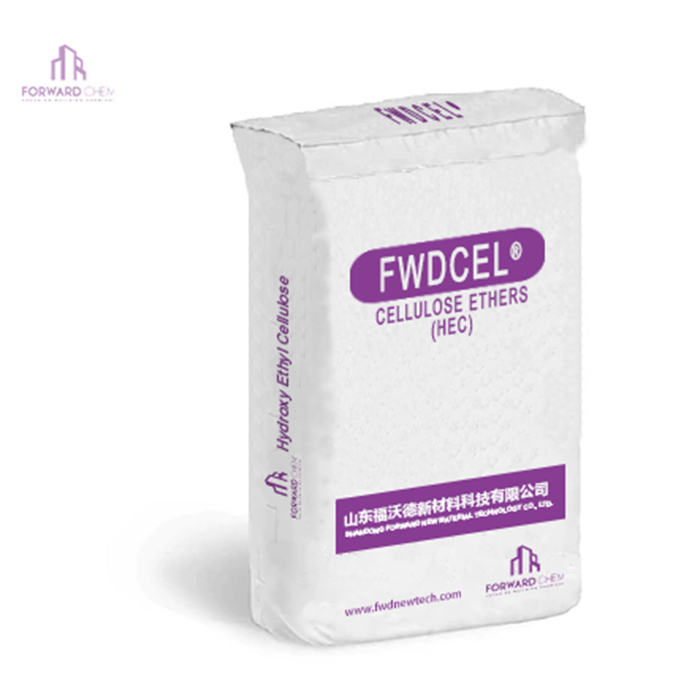We will delve into the world of Hydroxyethyl Cellulose (HEC), a versatile polymer that has numerous applications in various industries. We will explore its properties, benefits, and how it is used in different fields.
Hydroxyethyl Cellulose (HEC) is a white, odorless, water-soluble polymer derived from cellulose, a naturally occurring organic compound found in plants. HEC is produced by reacting alkali cellulose with ethylene oxide, resulting in a non-ionic water-soluble polymer with unique properties that make it useful in many industrial applications.
One of the main advantages of HEC is its ability to form viscous solutions when dissolved in water. This property makes it an ideal thickener, stabilizer, and emulsifier in various products, such as cosmetics, food, paint, and oil drilling fluids. In the personal care industry, HEC is commonly used in products like toothpaste, lotions, and shampoos to improve their texture and consistency.
In the construction industry, HEC is used as a rheology modifier in cement and concrete to improve their flow properties and workability. It also helps reduce water usage, which can lead to cost savings and environmental benefits. Additionally, HEC is used as a friction reducer in oil and gas exploration to increase drilling efficiency and prevent damage to equipment.
Another important application of HEC is in the pharmaceutical industry, where it is used as a binder and disintegrant in tablets and capsules. Its unique properties allow for controlled release of active ingredients, ensuring optimal drug delivery and efficacy.
Despite its many benefits, HEC does have some limitations. For example, it can be sensitive to high temperatures and salt concentrations, which can affect its performance in certain applications. However, these limitations can often be overcome through proper formulation and use of other additives.
In conclusion, Hydroxyethyl Cellulose (HEC) is a versatile and widely used polymer that offers numerous benefits in various industries. Its unique properties make it an essential ingredient in many products, from personal care items to construction materials. By understanding the properties and applications of HEC, manufacturers and researchers can continue to develop innovative solutions that benefit society and the environment.

